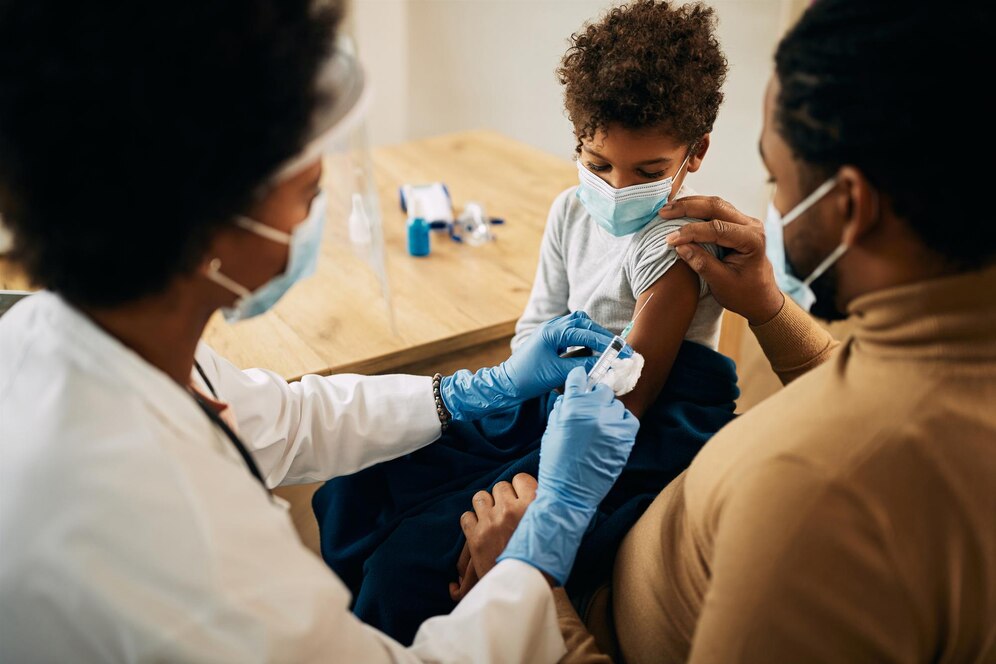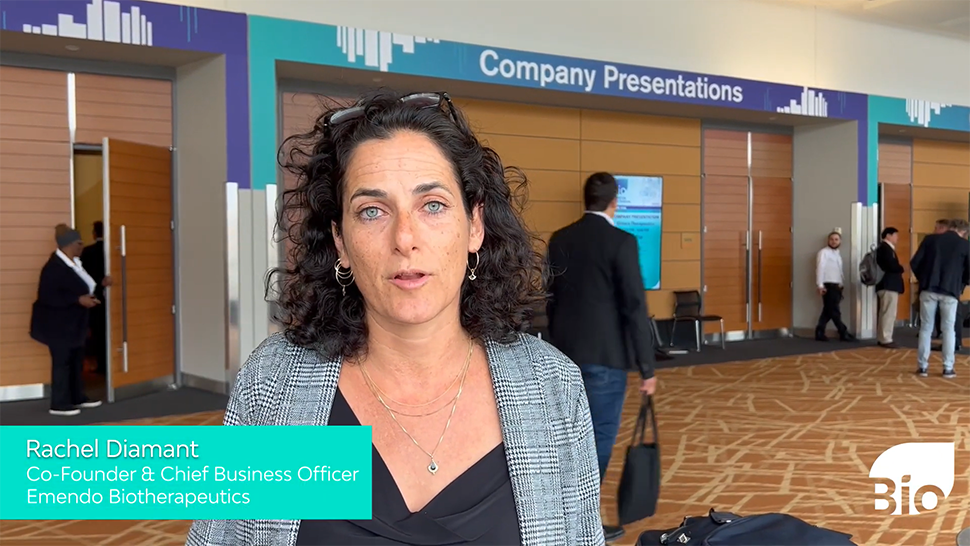One-third of parents now oppose public schools requiring students to get routine childhood vaccines against measles and other illnesses, an increase in opposition to vaccine requirements as compared to a 2019 poll, a new KFF COVID-19 Vaccine Monitor survey finds.
It’s evident that the pandemic experience, along with the debates over vaccine mandates and requirements, have had a negative impact on public attitudes toward childhood vaccine requirements, the report says.
Most of the public (85%), however, still has confidence that the benefits of childhood vaccines for measles, mumps, and rubella (MMR) “outweigh the risks,” according to KFF.
“Almost three in ten (28%) now say parents ‘should be able to decide not to vaccinate their children, even if that may create health risks for other children and adults,'” the KFF survey finds. This represents an increase from 16% of parents who said the same in a 2019 Pew Research Center poll conducted before the COVID-19 pandemic.
“Among parents of children under age 18, about two-thirds (65%) think healthy children should be required to be vaccinated to attend public schools, down from 76% who said the same in 2019,” according to the KFF survey.
The latest survey shows about seven in 10 adults (71%) believe healthy children should be required to get vaccinated for MMR in order to attend public schools, which is down from 82% who said the same in 2019, KFF says.
Party affiliation matters
Looking at party affiliation of respondents, it appears the “decrease in support for MMR vaccine requirements for children in public schools is driven by Republicans and Republican-leaning independents.”
“Just a slight majority of Republicans (56%) say healthy children should be required to be vaccinated to attend public schools and more than four in ten Republicans and Republican-leaning independents (44%) now say that parents should be able to decide not to vaccinate their children, up from 20% in 2019,” the KFF study shows. “This compares to 11% of Democratic-leaning parents who say the same, a share that has held steady since 2019.”




